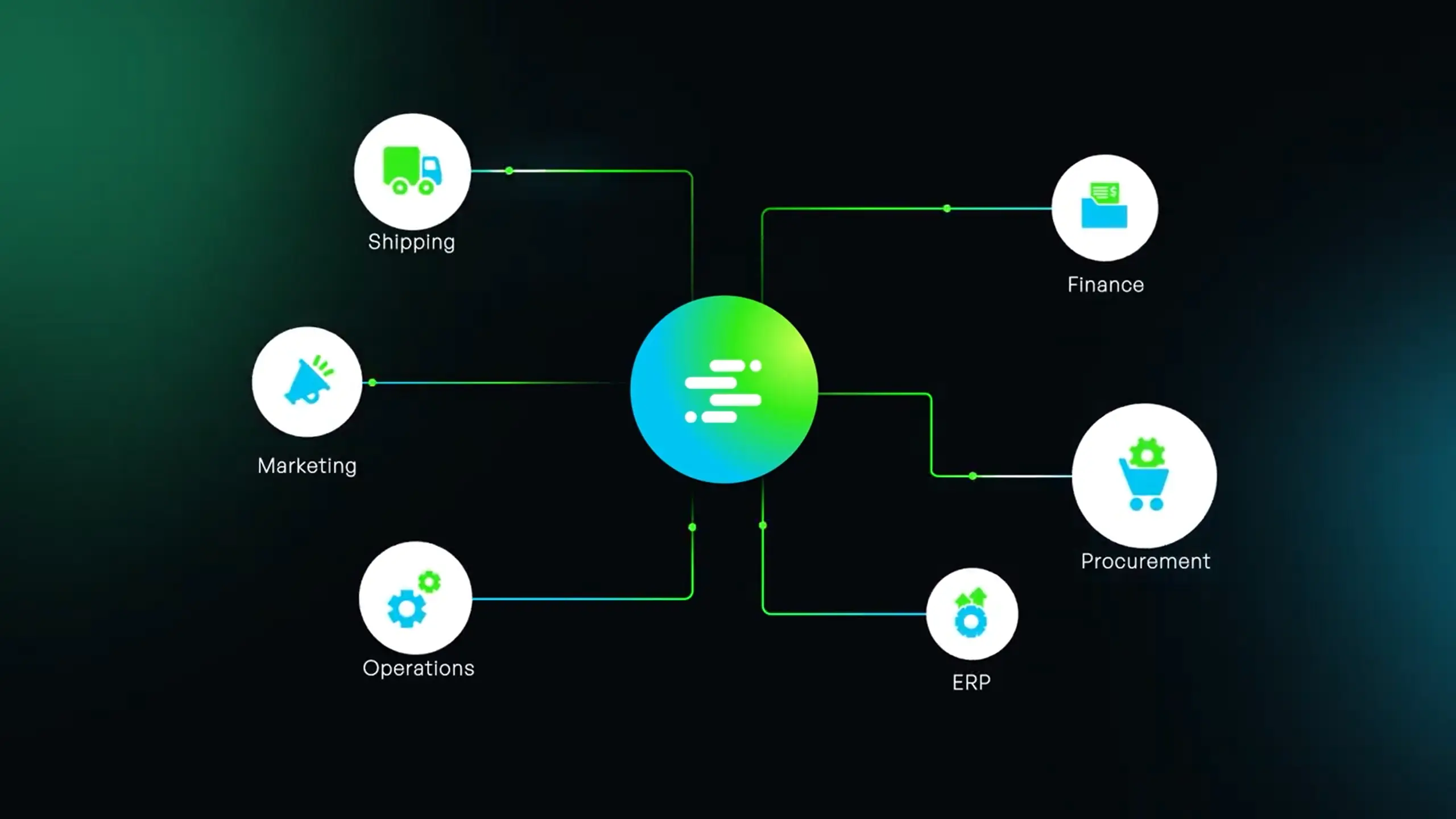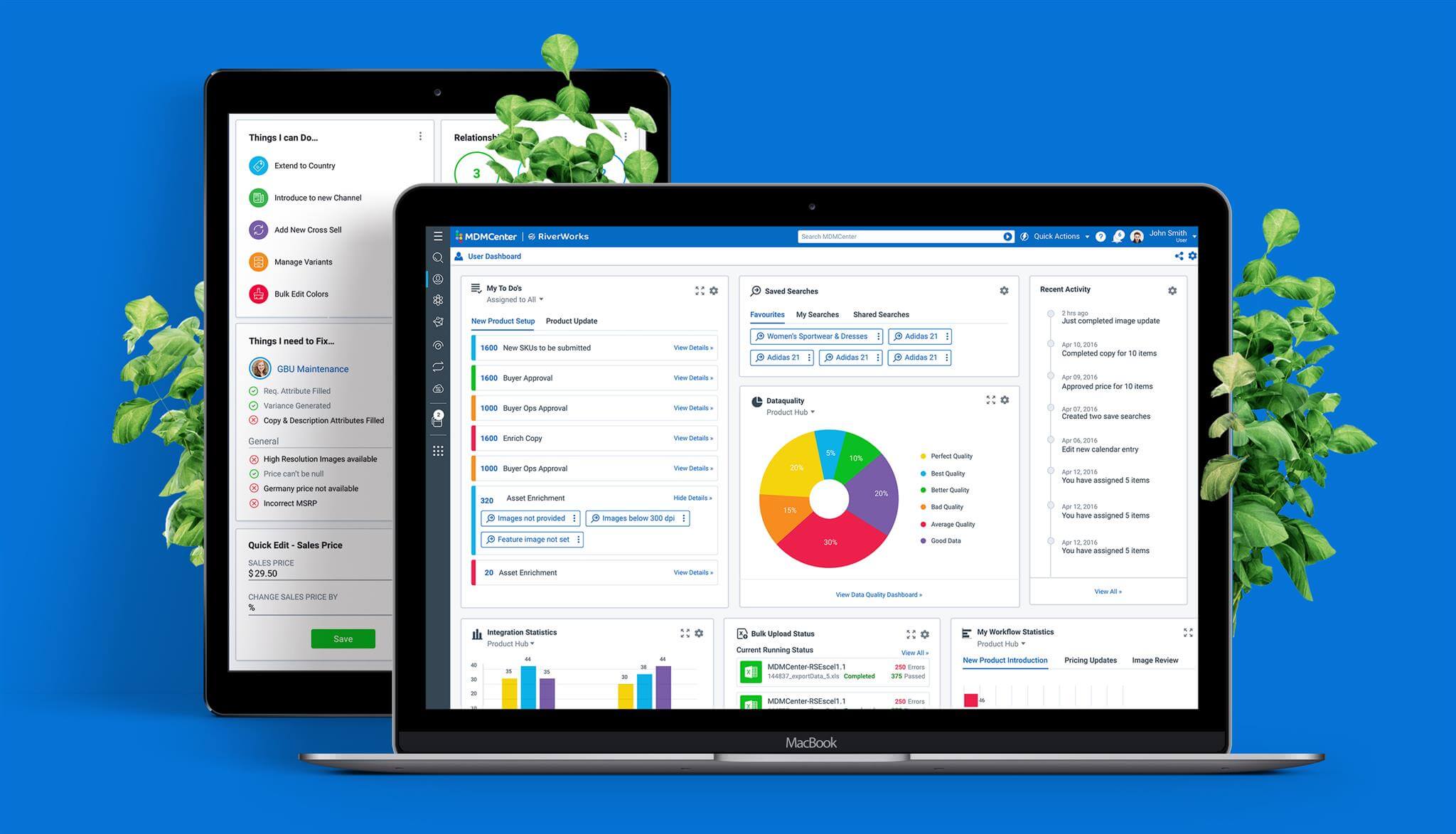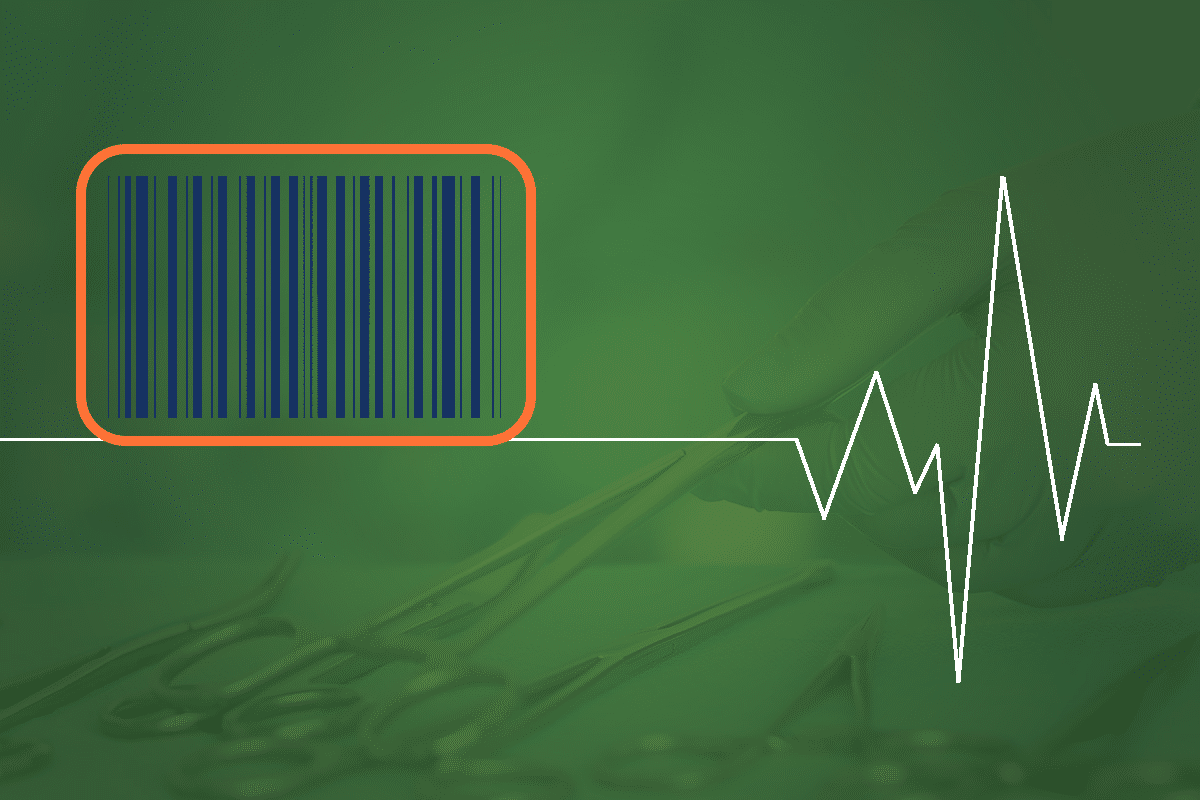There are many challenges that medical device manufacturers face in the healthcare industry. Due to the differing requirements and regulations for Unique Device Identification (UDI) across the world, these suppliers have had to collect and manage a great deal of product information. They often use multiple systems to do so, and as a result, duplicate efforts instead of boosting efficiencies.
Different rules in different countries also pose unique challenges to medical device companies. While some of the product information requirements are the same, there is often a good deal of variance.
Producing unique product records for each UDI standard globally can become an overwhelming task. And with more and more countries developing their standards in the coming years, manufacturers often find themselves at a loss, trying to predict what these requirements will be and how regulators want to receive them
Through our work with Healthcare clients, Syndigo identified three key questions that many are asking:
- How are companies successfully creating, updating and sharing UDI data?
- What systems, processes and tools are helping manufacturers satisfy the data needs of both regulators and customers?
- Where can people go to get educated, find best practices and drive efficiencies?
Much like consumer goods, hardlines and other verticals, a successful UDI management model in healthcare should ensure the supplier’s data is centralized. This provides for a single product record that can be either updated or added to. Rather than creating a separate storage location for each country’s UDI, manufacturers can ingest data into a single place before distributing to recipients.
A model for this is to submit information through Syndigo, and then out to recipients. For the Healthcare industry Syndigo collects each country’s UDI requirement sets (like GUDID in the US or EUDAMED in Europe), and brings them into our CXH platform. By digesting this data and creating rule sets and attributes, any content in CXH can be compared to UDI requirements.
With content completeness scoring and other measures suppliers can understand where their products meet specifications and where they need more information. This is an incredible time-saver for suppliers, who can receive feedback and make changes in near real-time.
Recently, Syndigo hosted a Healthcare UDI webinar to give healthcare industry suppliers a look at how to answer those tough questions, highlight a real-world example of how one supplier improved their UDI submission effectiveness and share some expertise around how to build a better overall content program.
















 Don't miss out! Subscribe to our blog for updates.
Don't miss out! Subscribe to our blog for updates.